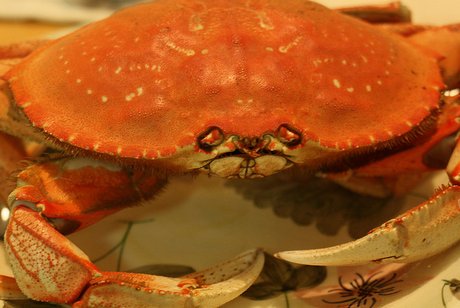What is Zinc?
So what is zinc and what does it do? Zinc is one of the most essential trace elements needed in all forms of life. This element is found in various tissues especially in the kidney, eye, liver, brain, reproductive organs and muscles. Zinc helps in healing wounds, burns, as well as other minor skin disorders. Zinc is vital in for living organisms to sustain life, as it is needed in the functioning of hundreds of different enzymes in the body, for the benefit of having a strong immune system.
It is found in enzymes such as superoxide dismutase; as well as in zinc finger proteins and insulin. Studies have shown that a sufficient amount of zinc supplements can provide immunity against flu and colds.
Memory, taste, smell and eyesight are all connected with this mineral and deficiency of zinc can cause organ malfunctions.
Zinc Benefits
Some of the numerous health benefits of zinc include giving aid to healing of certain injuries; especially wounds and scratches that will gradually heal with time. Zinc helps in boosting the immune system in order for the body to fight off infections and disease-causing bacteria. It is also useful in the growth and development of bones, keeping a healthy resistance against common diseases and reducing body odor.
Biological Role of Zinc
There are approximately 100 different enzymes in the body that depend on zinc in order to catalyze vital chemical reactions. These zinc-dependent enzymes are found in almost every class of enzymes.
Another important role of zinc is with regards to the structures of cell membranes and proteins, as zinc is mainly responsible in stabilizing these structures. The function and structure of cell membranes can be affected by zinc as well.
Zinc loss from biological membranes can increase impair their function and increase their oxidative damage. The zinc finger proteins are involved in the regulating of gene expression by means of serving as transcription factors, which bind to DNA while influencing nerve impulse transmission and hormone release.
Zinc also plays a role in a gene-directed cell death known as apoptosis, which is a critical cellular regulatory process that has further implications with development and growth, as well as to numerous chronic diseases.
Food Sources of Zinc
Some of the main Zinc food sources include red meat, oysters, poultry, nuts, beans, pumpkin seeds, whole grains, and sunflower seeds. Herbs that are a natural source of zinc include cayenne, burdock root, alfalfa, chamomile, eyebright, dandelion, chickweed, hops, fennel seed, nettle, milk thistle, parsley, sage, mullein, rose hips, wild yam, skullcap, and sarsaparilla.

Zinc RDA
The Zinc RDA is eleven milligrams per day for adult men and eight mg for women; this increases to 11 mg of zinc for pregnant women and 12mg for those lactating. Visit this page to learn about zinc toxicity.
Zinc Deficiency
It is important to get the correct dosage of Zinc to avoid side effects associated with Zinc deficiency symptoms, such as hair loss, dandruff, impaired sexual functions, enlarged prostate, poor sense of smell and taste, and appearance of stretch marks after extreme growth spurs such as adolescence and pregnancy.
Zinc Benefits for Men
Zinc is vital in the production of semen for males, and up to five milligrams of zinc is lost during ejaculations. Frequent ejaculations can lead to zinc deficiency. A deficiency in males can lead to reduced sperm count and sex drive. It can therefore be seen that there are major health benefits of zinc for men.
References and further reading
Dungeness crab photograph by Naotakem; Office of Dietary Supplements – Zinc; Wikipedia; Linus Pauling Institute; Medlineplus.

